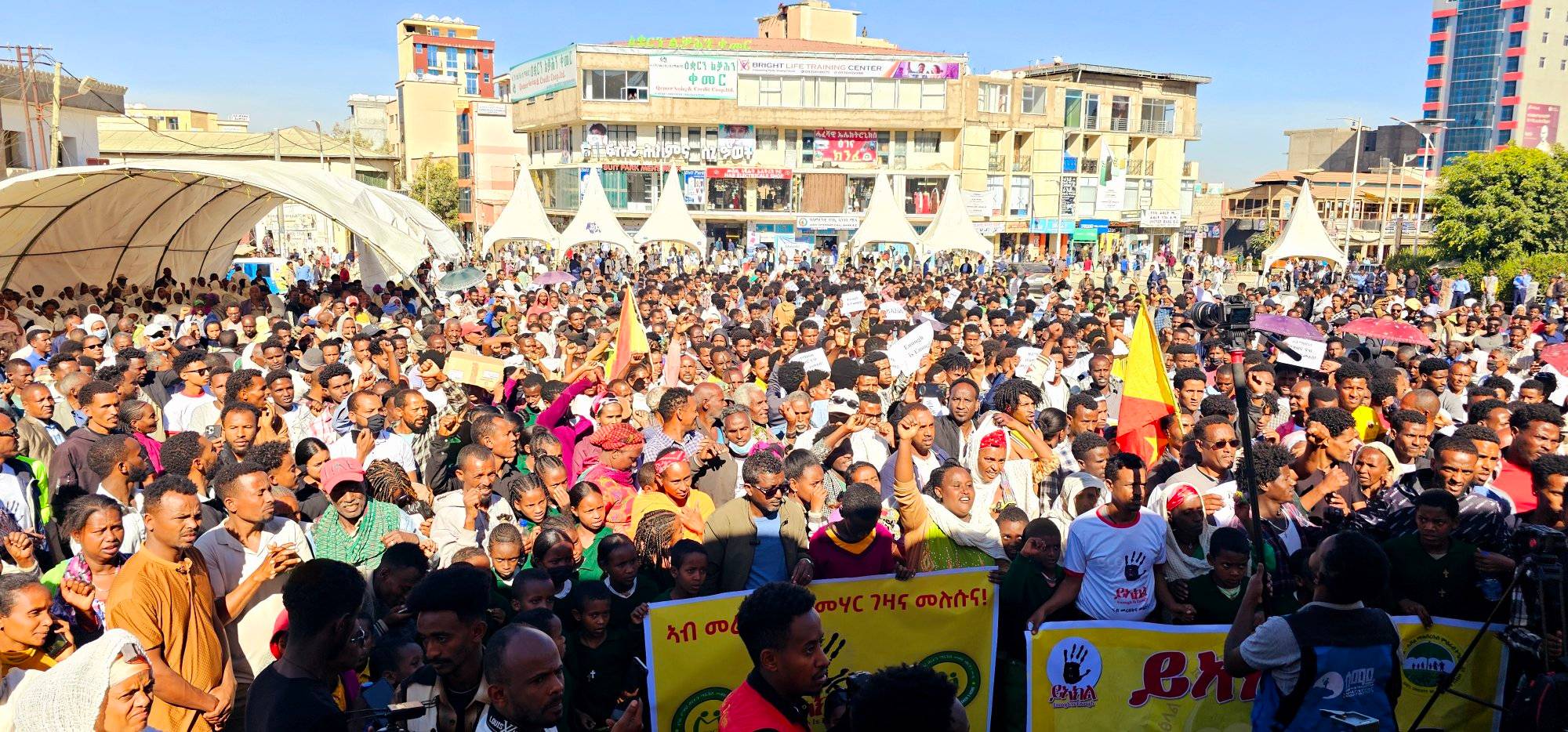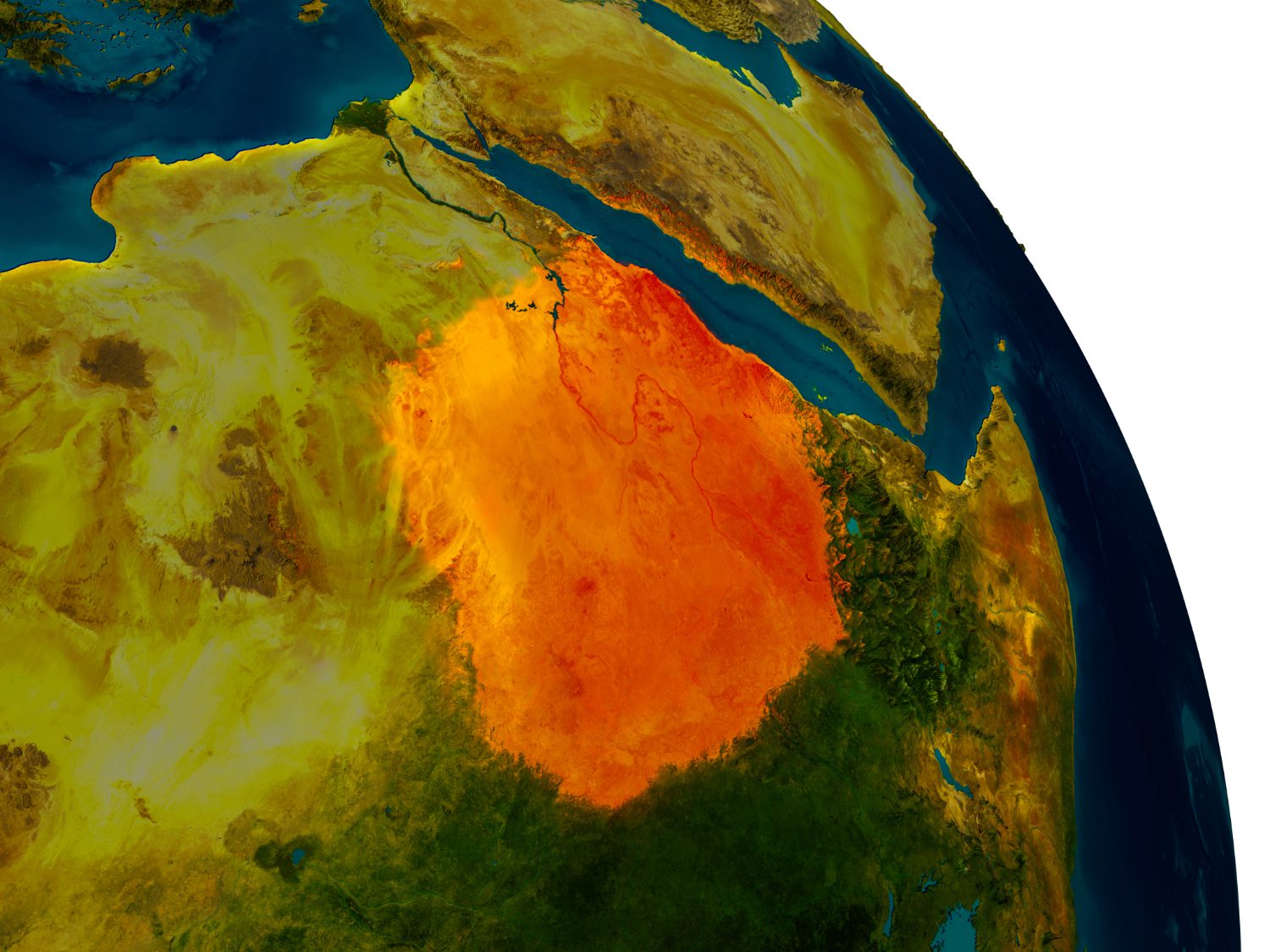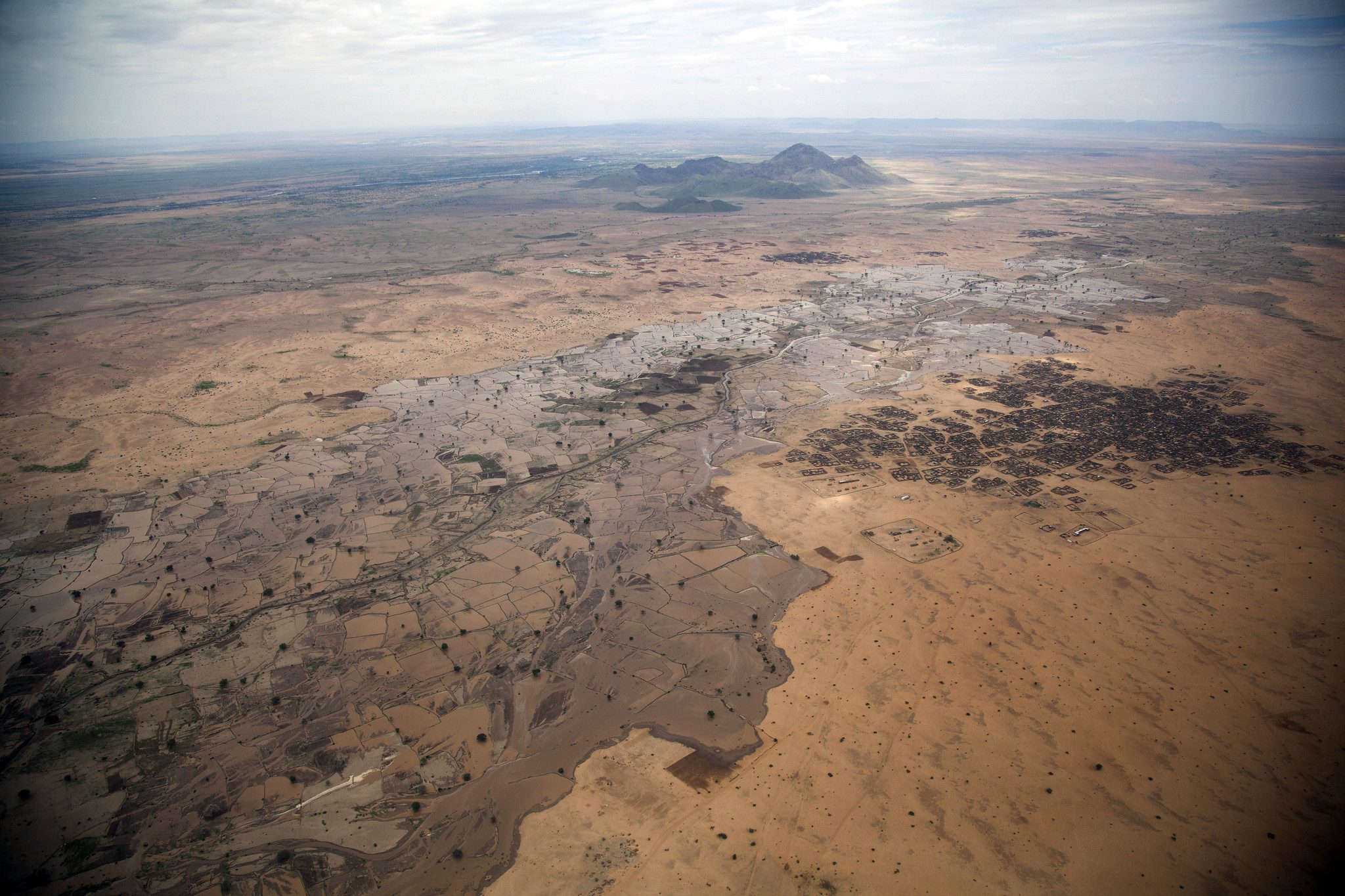Yesterday, the African Union (AU) issued a Communiqué on the visit of the High-level Delegation to Burundi, composed of South African President Jacob Zuma, Mauritanian President Mohamed Ould Abdel Aziz, Senegalese President Macky Sall, Gabonese President Ali Bongo Ondimba, and Ethiopian President Hailemariam Dessalegn, in addition to AU Commissioner for Peace and SecurityAmbassador Smail Chergui and a special envoy of Ugandan President Yoweri Museveni (who is charged with facilitating the mediation). In short, a cohort of African Presidential peers authorized, in the vernacular, with pushing Burundi’s President Nkurunziza into taking positive actions to defuse the violence and political crisis.
The Communiqué included some potentially significant advances: notably, the agreement with the government to send 100 human rights monitors and 100 military observers. The AU also noted the Burundian government’s decision to “withdraw[al] of the international arrest warrants issued against some Burundian citizens, the reopen[ing] of a private radio station and radio-television broadcasting station as well as the announcement of the imminent release of detainees.” How these steps are carried out and the progress of mediation and internal dialogue will be important to watch.
The engagement of this Presidential delegation belies the negative reading of the AU’s decision at its January summit not to authorize military intervention against Burundi’s wishes. Decried as a crass example of allowing ‘sovereignty’ to trump human rights concerns, the decision warrants revisiting in light of the AUs continued efforts to support political engagement. This is precisely the goal of our new occasional paper by Solomon Derrso, “To Intervene or Not to Intervene: An inside view of the AU’s decision-making on Article 4(h) and Burundi.” The insights apply not only to Burundi today, but also to how the AU may interpret its Article 4(h), allowing for non-consensual armed interventions in certain circumstances, in future cases.
Dr. Solomon Ayele Dersso is a senior legal scholar and analyst of peace and security and current African affairs, whose expertise and publications cover the role of the African Union in peace and security, the responsibility to protect and transitional justice in Africa. In this paper, he reveals the inside story of decision-making at the African Union on whether or not to send a military mission to Burundi.
From the Introduction:
Perhaps the most significant outcome of the 26th summit of the African Union (AU) was the decision scrapping the plan to deploy troops to Burundi for human protection purposes. In December 2015 the AU Peace and Security Council (PSC), the continental body’s standing collective decision-making body on peace and security, announced a precedent-setting invocation of the AU’s Article 4(h) authorizing the deployment of a military mission to Burundi to quell violence related to disputed elections. The January 2016 summit marked a fresh consideration of the earlier decision. As quickly as the summit came to a close on 31 January 2016, those who followed the crisis in Burundi started expressing disappointment with the failure to authorize intervention.
In a Foreign Policy article titled, “The Burundi intervention that wasn’t,” Ty McCormick lamented that the Burundi decision threw the credibility of the AU into question. Expressing manifest disappointment at the unmet expectations that boots would soon deploy to Burundi, South Africa’s popular online magazine the Daily Maverick declared, “African Union goes backwards on Burundi.” Described elsewhere as a “180-degree turn” or as “backtracking,” most analysts have presented the case as a clear manifestation of state or regime security trumping human security.
Such analysis is incomplete. Central to the AU’s decision-making were issues of substance and procedure that can only be understood in relation to the unfolding discussions before and during the AU summit. This policy briefing examines in detail how and why the AU summit arrived at its decision on MAPROBU. It further discusses the implications of the AU summit decision vis-à-vis the situation in Burundi.
Full paper is available here.


